Why did you choose LSE and the programme?
I was choosing between two different master’s programmes one of which was LSE’s Philosophy and Public Policy and another was a Mathematical Economics programme in Estonia. I created a decision matrix that listed the most important factors for making a decision. For me, these were the financial and time cost, interest in the subject matter, the skills and knowledge I’d acquire for my career, how impressive the degree might be for a potential employer, my expected income, the value of the network, and what back-up job opportunities the degree might create. This exercise made the LSE degree come out on top on most of these considerations with the exception of financial cost. I felt compelled to choose LSE and had to figure out how to find the resources to do it.
Which aspect of your studies were the most beneficial for your professional as well as personal development?
The most directly beneficial component has to be my master’s dissertation. My dissertation looked at the potential problem of millions of workers worldwide struggling to relocate to new jobs in the next decade due to AI-driven automation, and whether universal basic income could be a good solution to this issue. Less than a year after my graduation, I started working for the World Economic Forum in a project about positive AI economic futures. For this project, we assumed that the continued progress in AI could have disruptive effects: from further exacerbating recent trends in inequality to denying more and more people their sense of purpose and fulfillment in life, given that work is much more than just a source of income. We developed five positive scenarios for a world where AI can automate a lot of jobs. It turned out that I could directly use my master’s thesis research in this project and hopefully have a wider impact globally beyond my studies.
What is your fondest memory of your time here?
I have already talked about the benefits of the master’s program, but let me now mention the many other benefits to studying at the LSE I took advantage of. I regularly attended the sessions of the LSE careers service to get feedback on my CV and job interviews, visited top institutions in or near London such as the Alan Turing Institute and the Global Priorities Institute, listened to highly impressive public intellectuals and global leaders at LSE public events, and engaged in effective altruism at the university and outside of it. Overall, I was very impressed with how many opportunities there are for professional and personal development as long as you want to take advantage of them. When I think about my studies at the LSE, the possibilities are what I remember most!
Why would you recommend studying at LSE and the Philosophy department in particular?
I decided to apply for Philosophy and Public Policy at LSE first and foremost, because this is the best world-class program that combines conceptual and normative topics with more empirical public policy related issues. You can see this from various rankings, with LSE philosophy at the top of the list. In addition, I really liked that at LSE philosophy is continuous with the social sciences. In my undergraduate degree, I majored in philosophy but took lots of courses also in economics and sociology. I wanted to continue in a program where I could ask big and important questions that are often of interest to both philosophers and scientists alike. Last but not least, I was inspired to apply by a few friends who had graduated from LSE before me and whose judgment I trusted because they are now working on pressing global issues in impressive organisations. I remember them talking very highly about LSE’s research seminars and dissertation writing. One of them told me that he benefitted a huge amount from writing his thesis and spoke very highly of Alex Voorhoeve who also became my supervisor later. If anyone else finds these aspects of formal education attractive, then I’d definitely recommend to consider LSE philosophy programmes!
Your LSE experience in your own words
I come from a working-class Estonian family and personally needed to start working in the evenings and weekends even before I started high-school. I’m one of the first people in my family with a university degree. Perhaps it is for this reason that my LSE experience has been tantamount to trying to take advantage of as many opportunities as possible. Hopefully my experience will inspire others with a similar background to give it a try as well. And believe me, there are a lot of people at the LSE who are very ambitious and strive to do their best. One piece of evidence of this is the office hours, which always get fully booked very quickly!
Risto Uuk is currently Policy Researcher at Future of Life Institute focused on researching European policy-making on AI (Last update: January 2022).


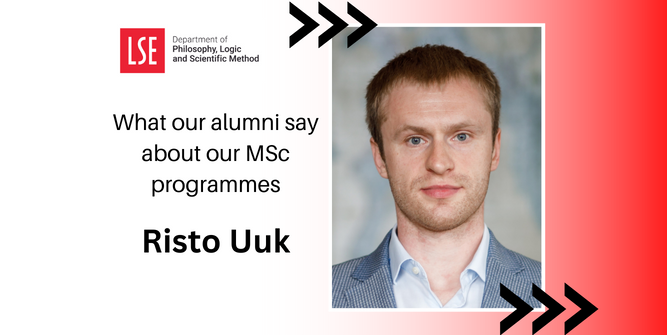
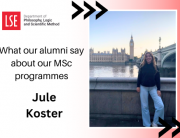
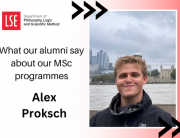
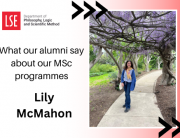
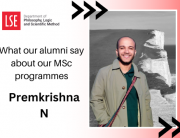
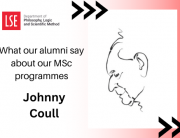
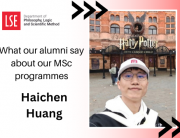
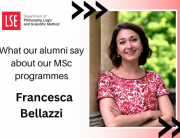
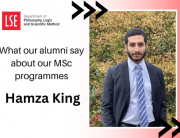
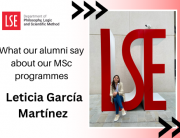
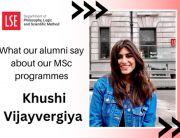
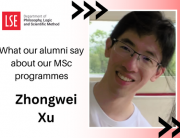
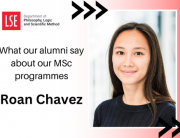
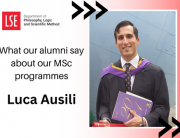
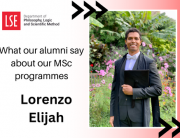
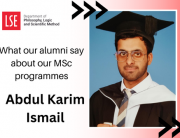
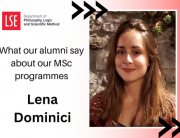
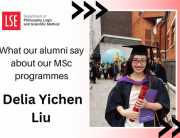
Connect with us
Facebook
Twitter
Youtube
Flickr